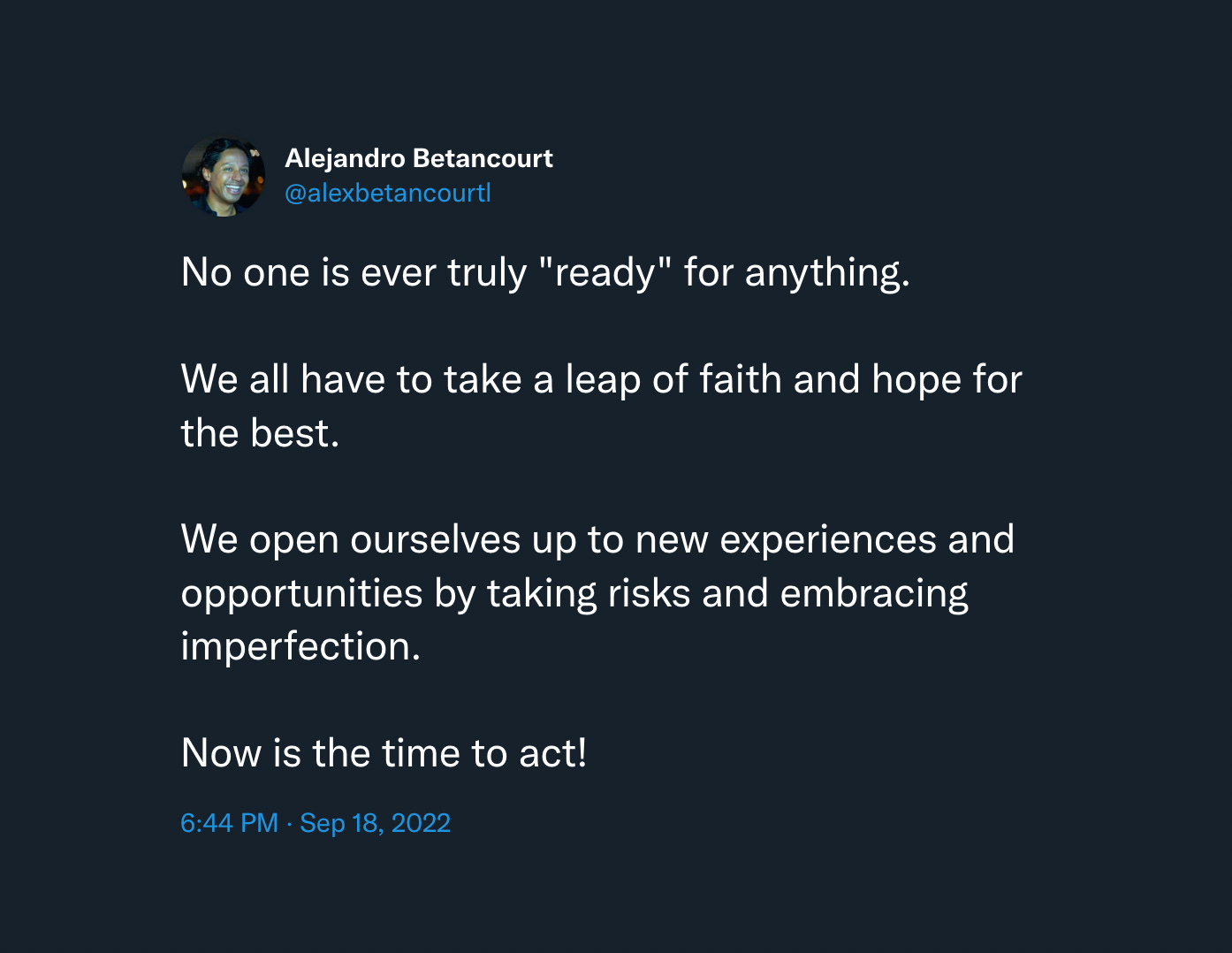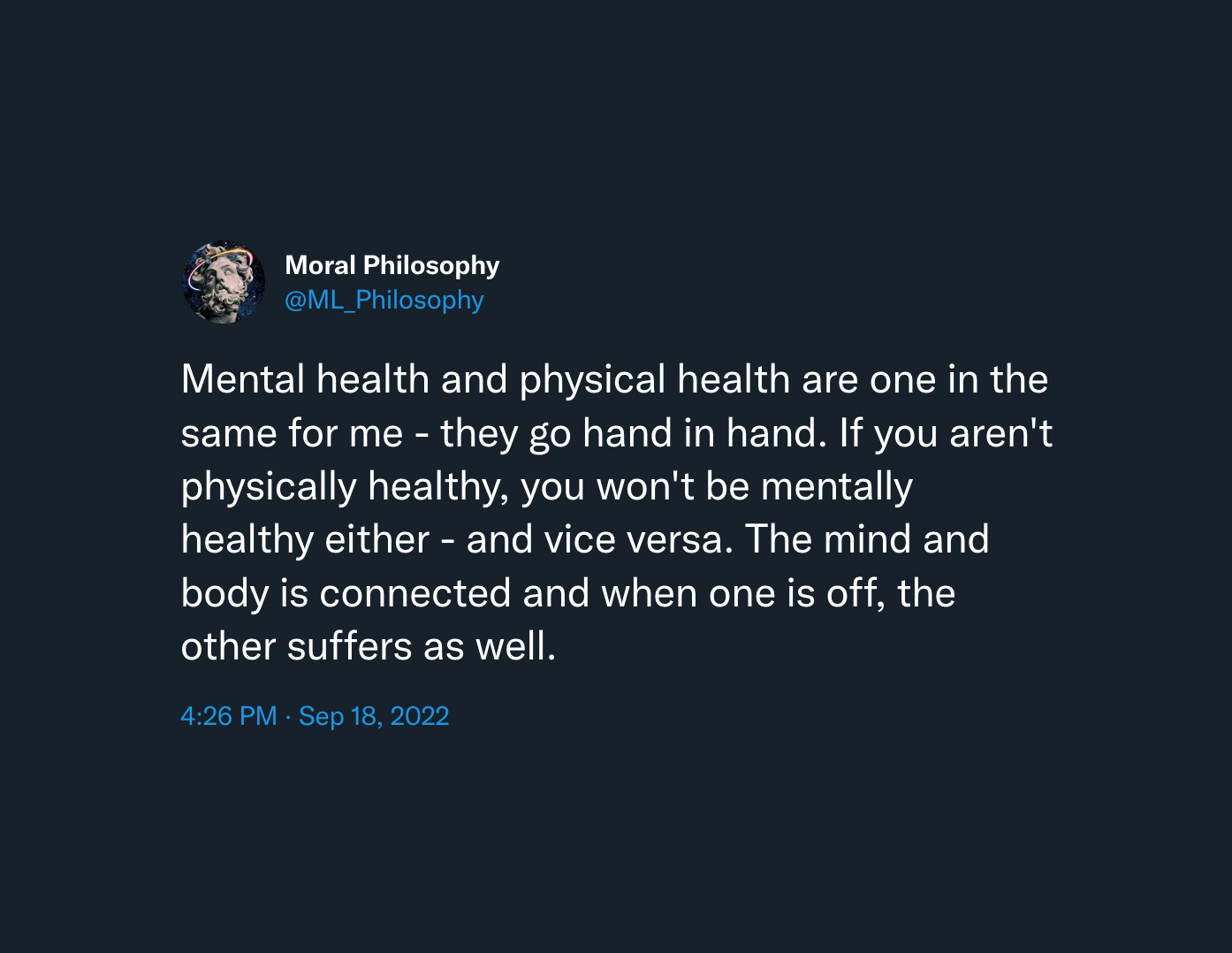“Personal reason is admittedly a meager asset, but take away human reason and we would exist in a world of utter ignorance and perpetual darkness.” — Kilroy J. Oldster
We like to think of ourselves as rational beings. We believe that we make decisions based on logic and reason. And that our emotions don’t play a significant role in our choices. But the truth is, we’re not nearly as rational as we think.
Emotions play a big part in our decision-making, whether we realize it or not.
So what does that mean for our lives? Is it possible to learn how to be more rational?
Let’s take a closer look.
What is Rationality, and how Does it Work?
Rationality is a philosophical idea that is the opposite of irrationality. It’s the quality of being reasonable, sensible, and logical.
Rationality can be described as how people make decisions or think about things. Rational people can make good decisions based on facts and logic rather than emotions or feelings. It can also describe how well people think about themselves and their thoughts and beliefs compared to how they behave in different situations or with others around them.
Everyone experiences and processes information differently. But, some crucial elements are often cited when discussing how rationality works. These include:
Identifying and assessing evidence is looking at data or information objectively and determining whether it is accurate. It also involves different understanding points of view and weighing the pros and cons of each before making a decision.
Thinking logically is coherently connecting different pieces of information. It also involves being able to identify cause-and-effect relationships and make deductions based on these.
Controlling emotions and feelings are managing and regulating emotions to make decisions they do not influence. It also involves understanding how emotions can impact thinking and decision-making and how to avoid letting them cloud judgment.
Understanding the world around them means having an accurate mental model of how it works. It also involves understanding people’s motivations and behavior and the systems that create social norms and institutions.
Changing your beliefs or opinions when evidence shows they are wrong means being willing to update your ideas based on new information. It also involves acknowledging that everyone is fallible and that no one has all the answers.
Some experts believe that rationality can be learned and improved upon, while others maintain that it is a trait born with.
What Prompts People to Make Irrational Decisions
In the past few decades, there has been a lot of research on how people make decisions.
Studies have shown that most people make decisions based on a combination of three factors: what they know about the decision, their emotional state, and the environment in which they are making the decision.
Some people are better at making decisions than others. They tend to be the ones who have more knowledge about the decisions and who are less influenced by their emotions.
But even the most rational can make irrational decisions when stressed or under pressure. And the environment in which we make a decision can also play a role.
If we’re in a hurry or with a lot of noise and distractions, it’s hard for us to focus on making a sound decision.
So, why do we make irrational decisions?
One reason is that our brain is hardwired to take shortcuts in decision-making. Our ancestors didn’t have time to sit around and weigh all the options before deciding. They had to make quick decisions to survive. And so, our brains evolved to make decisions fast, even if they aren’t always the best.
Another reason is that we’re biased in our thinking. We may not even realize it, but we often let our emotions guide our decisions rather than logic and reason.
For example, we may be more likely to take risks when feeling happy and confident and less likely to take risks when feeling scared or anxious. Or we may be more likely to trust someone who looks like us or comes from the same background. These are a few examples of biases that can influence our decision-making.
Another reason is because of cognitive biases. These are mental shortcuts that our brain takes to save time and energy. They help us make quick decisions without overthinking them.
For example, one cognitive bias is the sunk cost fallacy. This is when we continue to invest time or money in something even though it’s not worth it because we’ve invested so much. Another cognitive bias is confirmation bias when we search for information that supports our beliefs and ignore information that contradicts them.
These cognitive biases can lead us to make irrational decisions because we don’t take the time to think things through. Instead, we’re on mental shortcuts that often lead us astray. And even though these biases are hardwired into our brains, there are ways to overcome them.
The good news is that, even though we’re less rational than we think we are, there are things we can do to improve our decision-making.
We can start by increasing our knowledge about the topic at hand. The more we know, the less likely we are to be influenced by our emotions. We can also try to be aware of our biases and make an effort to overcome them. And finally, we can create a conducive environment for making decisions by eliminating distractions and taking the time to consider all the options.
“Rationality attracts conscientious humans, whereas mysticism attracts fools.” — Abhijit Naskar
The Rationality Debate
The question is whether humans can reason and, if so, to what extent.
The first philosopher to address the issue was Plato. In his dialogue called “Meno,” he argues that people do not have any innate knowledge and that all their beliefs come from what they learn. He also argues that people cannot be rational without being taught how to reason.
Aristotle, in contrast, argues in his work that people can reason without instruction because this ability is part of our nature as human beings. Many other philosophers have contributed to this debate: Descartes, Hobbes, Locke, and Kant, among others.
The debate continues today, with some philosophers arguing that we are rational and others saying that we are not.
What Does This Mean for You?
If you are not as rational as you think, does that mean you’re doomed to make irrational decisions? Not necessarily.
The key is to be aware of your cognitive biases and to take steps to work them.
There are many ways to do this, but here are a few suggestions:
Take your time when making decisions: Don’t let emotions drive your judgment. Instead, take the time to assess the facts and make a decision based on logic and reason.
Get input from other people: Talk to friends or family members who can help you see things from a different perspective. This can help you avoid confirmation bias.
Be aware of your cognitive biases: Educate yourself on the most common cognitive biases and try to work them out. Proactively seek to uncover your biases.
Seek out disconfirming evidence: When considering a decision, look for information that contradicts your beliefs. This will help you make more rational decisions.
Practice mindfulness meditation: This can help you improve your focus and attention, which will, in turn, help you reason more.
Rationality vs. Emotionality
It’s often said that we should “trust “our gut” when” making decisions. But is this the best advice? After all, our gut reactions are often based on emotion rather than logic.
So, should we trust our feelings or our reason when making decisions?
The answer isn’t a simple one.
Both emotion and reason are essential in decision-making.
Emotions can give us essential information about our values and what we care about. They can also help us to see things in a different light.
Reason can help us to analyze a situation and to make deductions based on evidence.
The best decisions are those that are made using both emotion and reason.
When we take the time to slow down and consider our feelings and logic, we are more likely to make choices that we won’t regret later.
The bottom line is don’t trust your gut implicitly, but don’t discard your emotions entirely. Instead, try to find a balance between the two.
Use your head and your heart when making decisions, and you’ll make the best choice for you.
“Rational thinking is not the best path to sensuality. In fact, I doubt it can even point you in that direction.” — Lebo Grand
Although we like to think of ourselves as rational beings, the truth is we’re less logical than we believe. Our brains take shortcuts called cognitive biases that often lead us astray. But there are ways to overcome these biases and become more rational thinkers.
We can make better decisions by examining our beliefs and thinking things through. The best course of action is to find a balance between using our minds and our hearts.
What do you think? Is it necessary to be rational in our decision-making? Or is it better to go with our gut feelings?
Let us know in the comments!
© Alejandro Betancourt, 2022. All Rights Reserved.
DID YOU KNOW?
43 countries still have a royal family.
More info here.
Elvis Presley had a twin brother, who died at birth and was named Garon. His middle name, Aron, is a tribute to his lost brother.
More info here.
“Dreamt” is the only English word that ends in the letters “mt.”
More info here.






